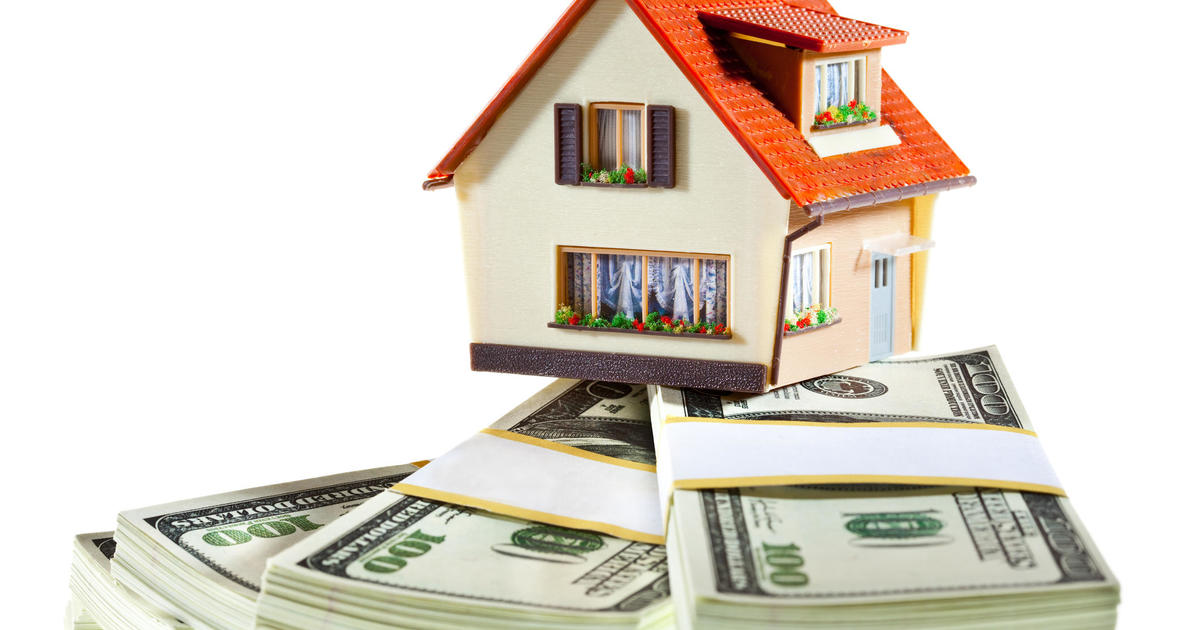Where savers can finally earn a decent return
Over the past eight years, anyone with some extra cash to invest has had a problem: Finding a safe place to put it that earned a reasonable rate of interest was nearly impossible.
But since 2015, the Federal Reserve has hiked interest rates seven times, with each increase being 25 basis points. Suddenly, earning a real rate of interest -- that is, an interest rate at least equal to inflation -- is a viable option. That is, if you know where to look. Here are three good investments for anyone looking to earn more interest on their savings, and two to avoid.
Money market funds
These can either be FDIC-insured bank products or mutual funds that come without any government guaranty of safety for your principal. Seven-day yields for taxable MMFs now range from 1.8 percent to about 2 percent. To get the highest yields, you'll have to begin with a minimum initial deposit of $5,000 to $10,000.
Among institutional-class MMFs are the Fidelity Investments Money Market Class I, which has a current seven-day yield of 2.1 percent but requires a minimum initial investment of $1 million. However, as is the case with many MMFs that require a higher initial investment, if you make withdrawals that reduce your balance below the minimum initial amount, you can keep your cash in the fund.
The best thing about MMFs is that their yields will float up as interest rates rise. This is an important point because the Fed is looking to keep raising interest rates at least twice more this year and maybe a few times in 2019.
Most major financial firms offer MMFs, and all allow daily access for withdrawals and deposits without any restrictions. Keep in mind that MMFs not offered by a bank are registered with the Securities and Exchange Commission as mutual funds and aren't the same as deposits in a bank account.
Firms that offer nonbank MMFs seek to maintain a stable share price of $1. Most commonly, these are offered through brokerage accounts. After the Prime Reserve MMF notoriously "broke the buck" in 2008, which sparked a panic, regulations were put in place to significantly reduce the possibility that MMFs wouldn't suffer the same fate during another financial crisis. According to the SEC latest data, total assets held in all MMFs were more than $3.1 trillion.
High-yield bank savings accounts
These are accounts offered by FDIC-insured banks and offer a high degree of safety. Until recently, most of these accounts had interest rates of less than 1 percent. With the Fed's march to hike rates in its third year, it's now possible to find bank accounts with annual yields of 1.8 percent to 2.05 percent.
For example, Salem Five Direct Bank offers an account with an annual rate of 2.05 percent with a minimum deposit of $100. The Marcus high-yield savings account, from Goldman Sachs Bank USA, offers a current annual yield of 1.8 percent with no minimum initial deposit. In each case, the account must be opened online. Check out the best rates for savings and bank accounts at BankRate.
U.S. Treasury bills
If you're looking for the ultimate in safety of principal and a good interest rate, consider buying U.S. Treasury bills. The current yield on the three-month Treasury is 1.97 percent and the annualized rate for the six-month Treasury is 2.13 percent as of July 6. These rates can change daily, so check them at the U.S. Treasury Resource Center.
You can buy Treasurys in most brokerage accounts. You can also buy them online at TreasuryDirect right from the Treasury Department. Establishing an online account doesn't entail any fees, and you can buy T-bills in $1,000 increments.
Where not to put your cash
Stay clear of bank certificates of deposit that mature in more than six months for two reasons. First, you should be able to find higher rates on all the products above. Second, locking in an interest rate for longer than three months isn't a good idea because the Fed will likely keep hiking rates. So if you buy a CD now, interest rates are likely to be higher in six months, and your cash will be under-earning until the CD matures.
Fixed annuities also deserve some skepticism. These are investment contracts provided by insurance companies that offer a fixed rate of interest. The interest rate and value of principal is backed by the insurance company's investment portfolio and creditworthiness.
But these products can be complicated and often hit you with a 5 percent surrender charge that applies against all amounts withdrawn before the end of the three-year term that are more than 10 percent of the original purchase amount. Also, as is the case with CDs, it's not a good idea to lock into a fixed rate on your savings when interest rates are on the rise.




